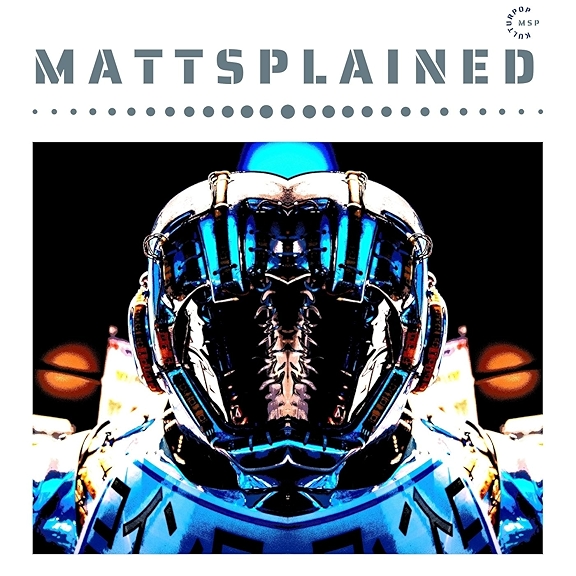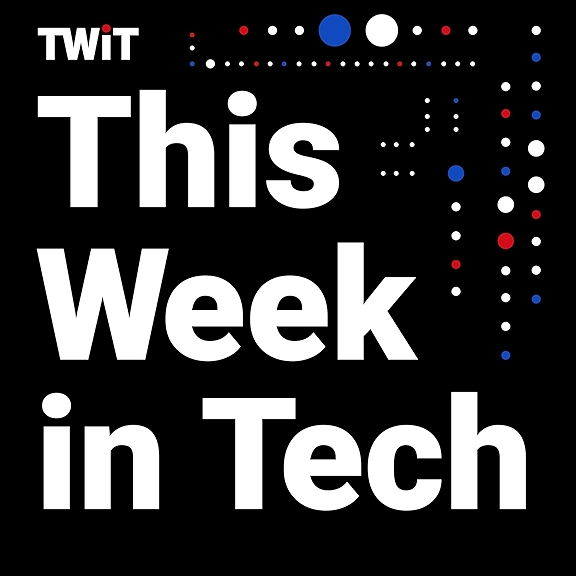
In this Weird Science edition, we look at the achievements of 13-year-old Willis Gibson, the first human player to complete the classic game Tetris. Technology and nature intersect as our hosts discuss the potential use of plants to create supercapacitors for energy storage, opening possibilities for organic, biodegradable power sources.
In AI news, there’s only a 5% chance it will decide to destroy humanity. Or one in twenty, if you like those odds. Plus, they touch on the ethical dilemmas surrounding posthumous digital cloning and the replication of deceased individuals' personalities using AI.
A breakthrough in robotics, where scientists have developed an artificial pain-sensing system for robots, could enable machines to differentiate between safe and harmful objects, potentially revolutionizing surgical procedures and enhancing safety in human-robot interactions.
And in the medical files, resonant frequencies in human cells could be used as both a therapeutic and diagnostic tool. Not to mention a sad trombone effect from outer space believed to originate from highly magnetized neutron stars.
We think it’s weird.




















